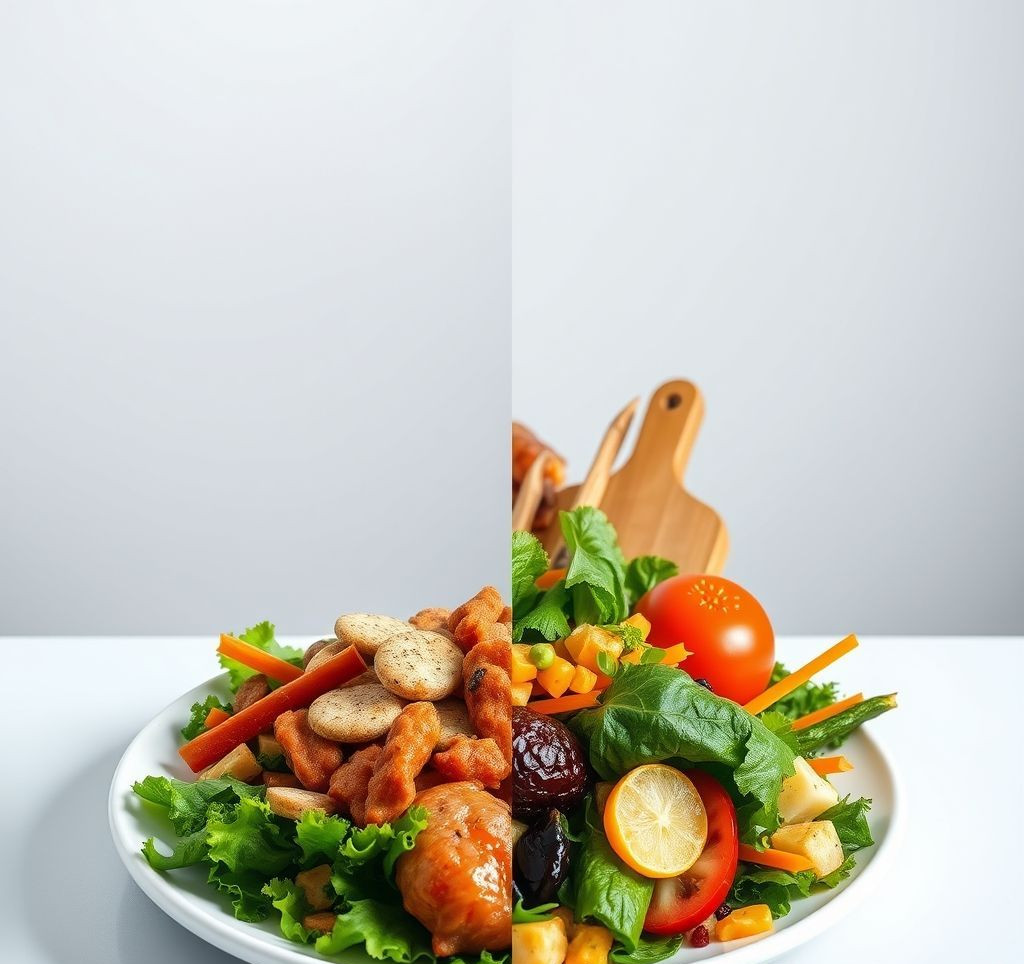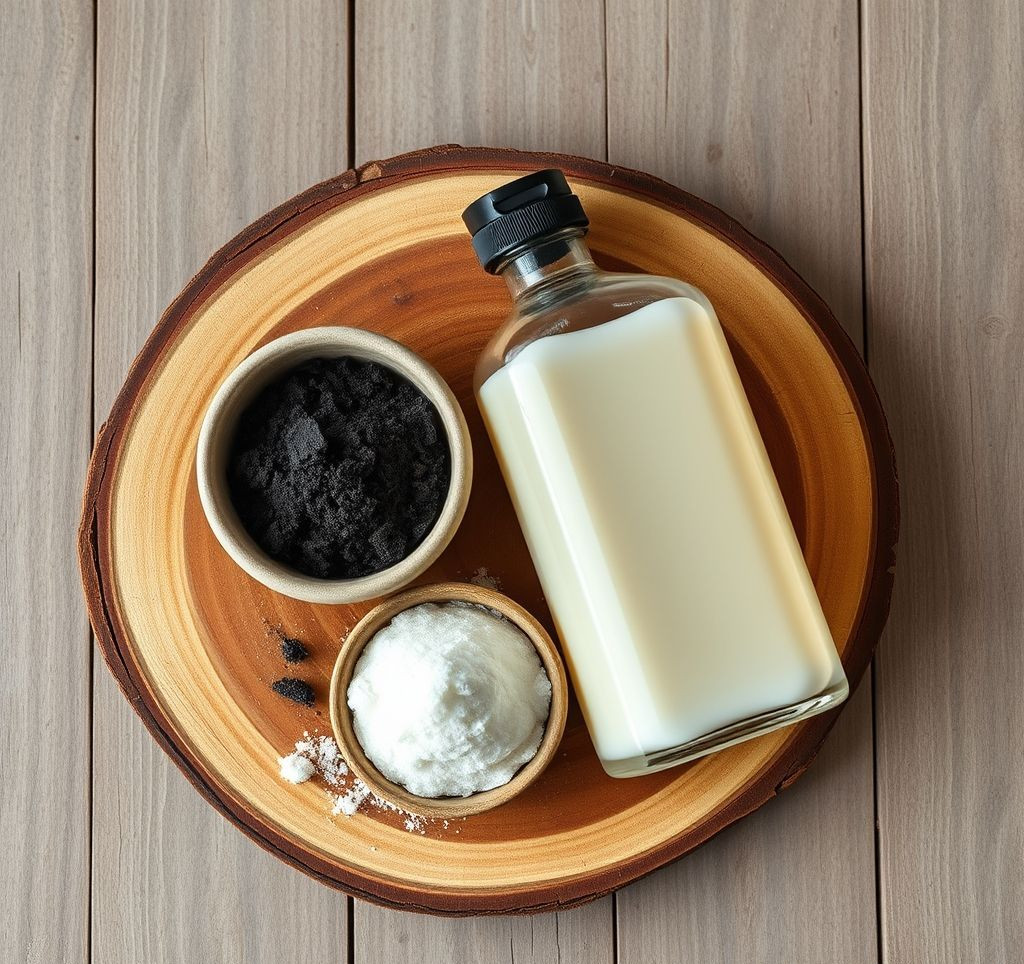We often hear the word “diet” associated with restriction, deprivation, and short-term fixes. But what if we reframed our understanding of a diet as simply a pattern of eating? Instead of a temporary endeavor aimed at quick weight loss, a diet can be a sustainable and enjoyable approach to nourishing your body for a lifetime of health and well-being. Let’s explore how to find an eating plan that truly fits your life.
Why a Sustainable Diet Matters
Adopting a sustainable approach to your diet is crucial for several reasons:
- Long-term Health: Focuses on nutrient-rich foods to support optimal health and reduce the risk of chronic diseases.
- Mental Well-being: Avoids the restrictive nature of fad diets that can lead to feelings of guilt, shame, and disordered eating.
- Improved Energy Levels: Provides a consistent and balanced source of energy throughout the day.
- Sustainable Results: Creates lasting habits that support a healthy weight and overall wellness.
- Enhanced Relationship with Food: Encourages a positive and mindful connection with food, promoting enjoyment and satisfaction.
Popular Dietary Approaches: An Overview
Many different dietary approaches exist, each with its own set of principles and guidelines. Understanding the basics of some popular diets can help you identify elements that resonate with your personal preferences and health goals.
- Keto Diet: A very low-carbohydrate, high-fat diet that forces the body to burn fat for fuel (ketosis).
- Paleo Diet: Emphasizes foods believed to have been eaten by early humans, such as lean meats, fish, fruits, vegetables, nuts, and seeds. Excludes grains, legumes, and processed foods.
- Vegan Diet: Excludes all animal products, including meat, poultry, fish, dairy, eggs, and honey.
- Mediterranean Diet: Focuses on fruits, vegetables, whole grains, legumes, nuts, seeds, and olive oil, with moderate amounts of fish and poultry and limited red meat.
- Plant-Based Diet: A broader term encompassing diets that emphasize plant-derived foods but may include some animal products in moderation.
According to the Dietary Guidelines for Americans, a healthy eating pattern includes a variety of vegetables, fruits, grains, protein foods, and dairy or fortified soy alternatives. This underscores the importance of balance and moderation in any diet.
Creating Your Sustainable Eating Plan
Designing a sustainable diet is a personalized process. Here’s a step-by-
step approach:- Assess Your Current Eating Habits: Keep a food journal for a week to track what you eat, when you eat, and how you feel.
- Define Your Goals: What are you hoping to achieve with your diet? Improved energy, weight management, better digestion?
- Choose a Dietary Style: Explore different eating patterns (e.g., Mediterranean, plant-based) and identify the one that aligns best with your preferences and goals. Consider what foods you enjoy eating and what you find easily accessible.
- Focus on Whole, Unprocessed Foods: Prioritize fruits, vegetables, whole grains, lean proteins, and healthy fats. Minimize processed foods, sugary drinks, and unhealthy fats.
- Listen to Your Body: Pay attention to hunger and fullness cues. Eat when you’re hungry and stop when you’re satisfied.
- Plan Your Meals: Meal planning can help you stay on track and ensure you’re getting a variety of nutrients.
- Make Gradual Changes: Avoid drastic overhauls. Introduce new habits gradually to make them more sustainable.
- Don’t Deprive Yourself: Allow yourself occasional treats in moderation to prevent feelings of deprivation and binge eating.
- Seek Support: Connect with a registered dietitian, nutritionist, or supportive community for guidance and encouragement.
Expert Tips for a Healthier Diet
To make your diet even more effective and sustainable, consider these expert tips:
- Hydrate Adequately: Drink plenty of water throughout the day.
- Prioritize Protein: Include a source of protein with each meal to promote satiety and support muscle health.
- Don’t Skip Meals: Skipping meals can lead to overeating later on.
- Read Food Labels: Be mindful of serving sizes, ingredients, and nutritional information.
- Cook at Home More Often: This gives you greater control over ingredients and portion sizes.
“The doctor of the future will give no medicine but will interest his patients in the care of the human frame, in diet and in the cause and prevention of disease.” – Thomas Edison
Remember, the best diet is one that you can maintain long-term and that supports your overall health and well-being. Focus on creating a balanced and sustainable eating plan that nourishes your body and allows you to enjoy food without guilt or restriction.



















